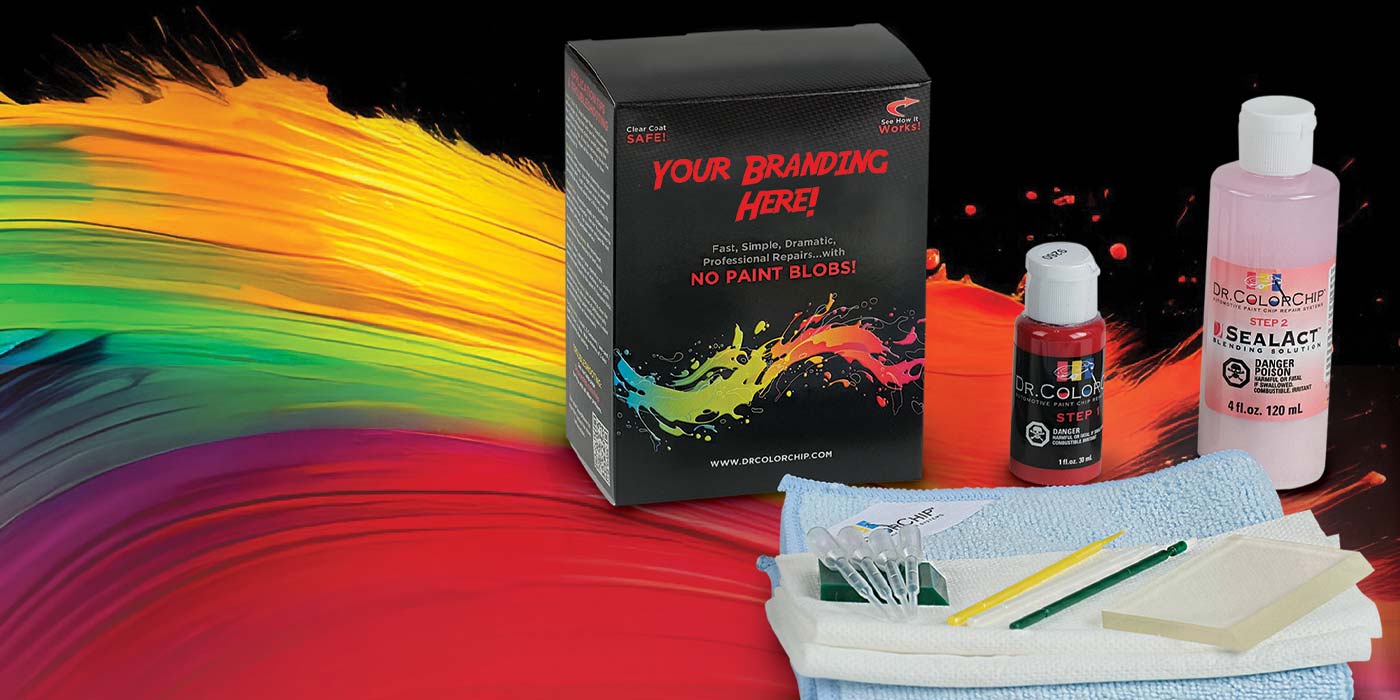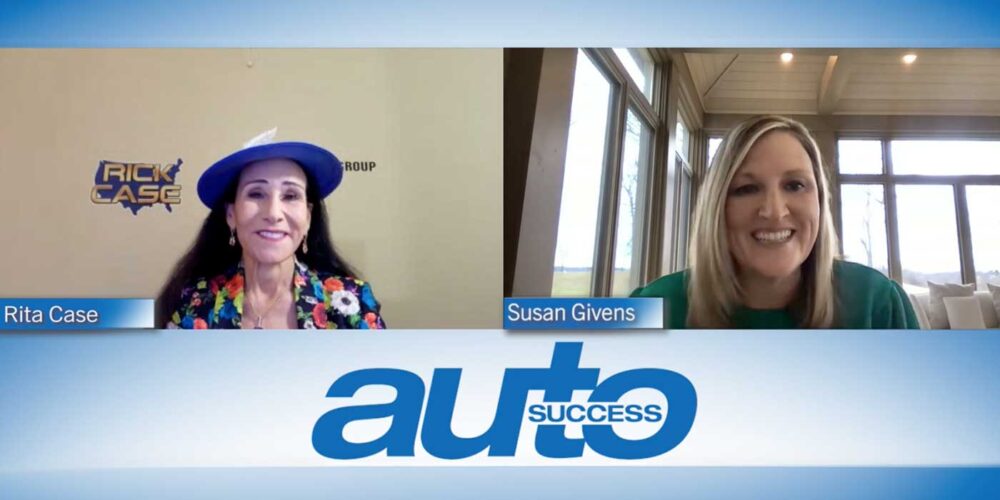As an industry, we talk a lot about how the car-buying process has changed, as today’s car shoppers do most of their research online. By the time they call or visit your dealership, it means you have a vehicle they are interested in, and they want some information so they can make an informed decision. We all know these are very hot leads — the best you can possibly get. As long as we don’t botch these opportunities, there’s a very good chance of making a sale.
So, why is it that so many sales opportunities get mishandled?
I believe a lot of it has to do with sales training. In general, trainers spend too much time on the sales process, with extra emphasis on closing, negotiation tactics and word tracks to overcome objections.
I can hear you saying, “Wait a minute — too much time on the sales process? Isn’t the sales process everything?”
The sales process is important, but it’s not everything. When you think about sales training, it falls into two categories. The first category is teaching someone how to sell. The focus is on techniques used, tools and resources available, the sales process and what’s involved in generating leads, nurturing leads, the appointment and finally, closing.
The second type of sales training that is equally important, yet sometimes overlooked, is product knowledge. When a customer calls your dealership, he or she is looking for information. Specifically, they have questions regarding your inventory, and they want to know a price. It’s a salesperson’s job to answer a customer’s questions. Yet, so often a salesperson doesn’t know the difference between trim levels on a certain model, or they act surprised and flustered when the customer brings up the price.
I think this happens because many salespeople view every phone lead as a potential sale. Because they want to make that sale, they skip right to the closing. In effect, they’re trying to “close” a phone lead by getting them in for an appointment so they can finalize the deal. This is not a winning tactic.
Closing should only be 20 percent of the purchase process. The other 80 percent is listening to customers, providing information, product knowledge and presentation. In fact, if you do the other 80 percent well, the closing will just happen naturally.
I have always been in sales, but I can’t remember the last time I used a closing phrase. If I do my job well, the customer should be asking me to buy. If I have to rely on a memorized word track to try to close a deal, then I have failed.
Many trainers still spend 80 percent of their teaching time on closing. It’s no wonder that salespeople try to skip the rest of the process. They have spent most of their time memorizing word tracks and learning how to close, so they believe that’s what the majority of the sales process is. When a customer asks a question, the salesperson thinks it’s an objection to overcome. It’s not an objection; it’s just a question! Answer it!
If the customer is genuinely not ready to make a decision, don’t be a jerk about it. Don’t try to change their mind or force them to buy something. If you do, that customer will never call you back. However, if you’re nice to them and send them more information that may help them with their decision, and follow up with them, there’s a good chance that customer will come back and buy from you.
The best salespeople I know have taken a consultative approach. I remember a few times when I was dead set on buying a particular vehicle. I knew exactly what I wanted. Then, before I knew it, the salesperson had talked me into buying something else, because they convinced me it was a better fit for my needs.
I ended up being very happy with these purchases because the vehicles were actually better than what I originally wanted. Those salespeople could have just sold me the vehicle I wanted, but they didn’t. Instead, they listened to me and sold me something that suited me better.
I really believe salespeople would sell more if they spent more time listening and less time selling. Another advantage of spending less time on closing is that you spend less time talking about price. The more you talk about price, the more it goes down.
That said, I still believe it’s important to negotiate price. If you quote the customer a “bottom line” price up front, they will probably feel like they did not get the best deal. I do believe as humans we just feel better about buying something if we feel like we got a great deal. So, some negotiation is important, but keep it short.
The next time you plan sales training for your team, try spending 80 percent of your time on everything that leads up to the close, and only 20 percent on the actual close. Teach a consultative approach and see if this does not make a difference in your closing rates and customer experience. I am betting that both will improve.
Good Selling.
Bill Wittenmyer














